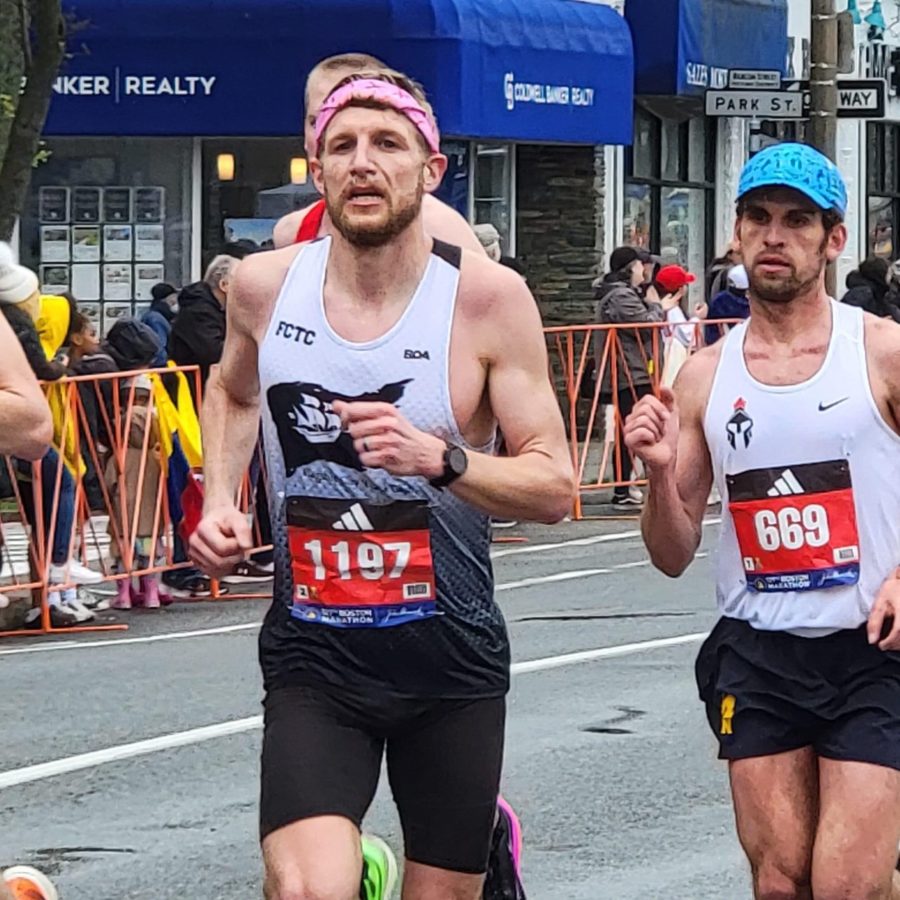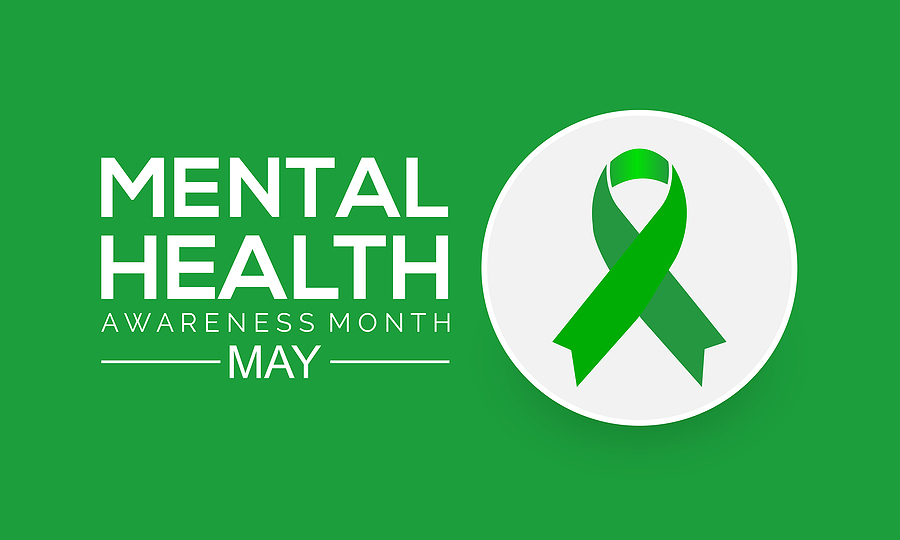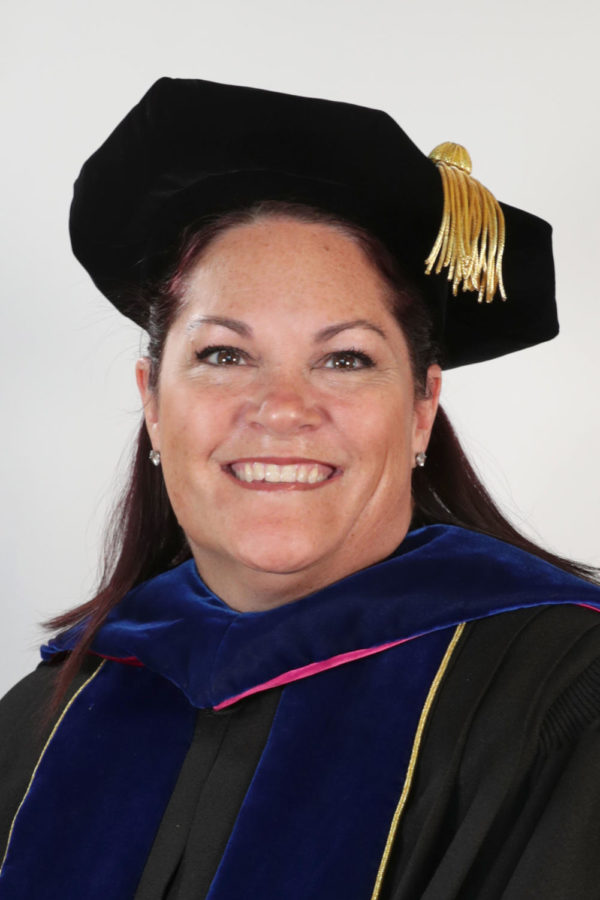Whenever a tragedy or crisis strikes the Mercyhurst community, university officials are apt to refer students to the Counseling Center on campus.
Involuntary medical leave for students has recently become a controversy being dealt with by several colleges and universities in the U.S.
Columbia University is currently facing backlash from a student who claims the institution forced her into medical leave. Her reinstatement as a student hinged on her completion of treatment at a mental health facility. She claims the university sent her away in an effort to protect its reputation.
Recent outcries against involuntary medical action have brought national attention to mental health services in colleges across the nation, leaving many schools scrambling to boost their public images.
Mercyhurst does not implement the controversial measure of involuntary medical leave.
Judy Smith, Ph.D., Director of Mercyhurst Wellness Center, said that Mercyhurst’s methods are much more patient-based than cases such as Columbia University’s.
“Mercyhurst Counseling services are focused on patient health, education and collaboration,” Smith said.
At the center, when physical or mental health symptoms disrupt day-to-day functioning, medical leave can be granted. Evaluation, treatment at home and clearance before returning, are all part of the process. It is not university policy to force applicants to complete treatment before becoming a student, or to refuse students’ academic services because they have received mental health treatment.
“Students are our first priority,” said Smith. “Most of the time students can be safely treated on campus with no interruption of academic work.”
However, when that is not the case, Center staff work closely with patients to decide the best course of action. Medication is not needed for mild mental health issues, though serious symptoms may improve best with a combination of both counseling and medication.
When patients are first seen at the Counseling Center, emphasis is placed on understanding the history and background of patient issues. Depression and anxiety are the most common problems reported. The Center offers a walk-in Urgent Hour Monday through Friday from 2 p.m. to 3 p.m.
Mercyhurst has the power to approve voluntary medical leave. However, involuntary commitment (when a person is transferred to a hospital for psychiatric care) does not fall under Mercyhurst’s jurisdiction. County and hospital personnel approve mental health commitments.
In her eight years as director of the Counseling Center, Smith remembers only one or two instances where students were involuntarily committed to a facility specializing in mental health.
“Students are only committed when there is imminent fear for their safety and the safety of others based on certain criteria, and when the student is unwilling to seek voluntary help,” said Smith. “If the university was aware of a student who was a very serious and immediate safety risk, and the student was unwilling to seek care, the university could notify the country authority. But it cannot control what decisions would be made after that.”
Some people have raised concerns that involuntary commitments are a violation of the Health Insurance Portability and Accountability Act (HIPAA).
“If the immediate stakes are a life, the law makes that a priority over privacy,” Smith said.
“Every day we successfully work with students in a way that promotes greater wellness, fewer symptoms, and safety,” added Smith. “It is our privilege to be part of that journey with students when they are struggling…And it is always wonderful to watch students strengthen and succeed.”




